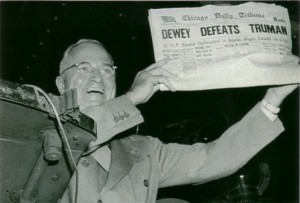 Twitter was at the forefront of another breaking news story this week as Michael Green sparked a bombscare and a hostage crisis in Tottenham Court Road, London. As news broke, the phrase ‘Tottenham Court Road’ was quickly trending, while the earliest reports didn’t have the details.
Twitter was at the forefront of another breaking news story this week as Michael Green sparked a bombscare and a hostage crisis in Tottenham Court Road, London. As news broke, the phrase ‘Tottenham Court Road’ was quickly trending, while the earliest reports didn’t have the details.
Some tweets reported a bombscare evacuation, some said a man was holding hostages in Starbucks. In fact a disgruntled man had entered the office of Advantage HGV – a driver training company – to accost (and presumably threaten) one specific woman.
Witnesses said he had gas canisters strapped to himself and pictures quickly emerged of smashed windows and papers being thrown out of windows. Michael Green had reportedly forced his hostages to throw things out of the windows. He was protesting at his failure to gain a HGV driving licence.
Initially Twitter was the source for the news but once the big boys of news got on the scene, Twitter became the place to discuss the news. It went from informer to analyser and then to confuser.
While many tweets used the hashtag #tcr, many other people made glaring hashtag errors, typing things like “#tottenham court road” or “#tottenham #court #road” in their tweets. Thus, the story took on a new dimension as thousands of people then thought the story was about something happening in Tottenham, which is not where Tottenham Court Road is.
By the time Americans had woken up and started following the trending topics, they were reporting en masse about a bombscare in Tottenham.
Twitter is perhaps the greatest thing to happen to global news since CNN reported from the war in Kuwait in the early 90s, but Twitter is also the greatest proponent of Chinese whispers, not to mention a great exponent of poor literacy skills. Percentage of people on twitter who don’t know the difference between licence and license? About 99% if Friday is anything to go by.




